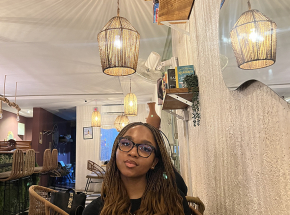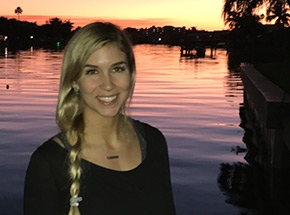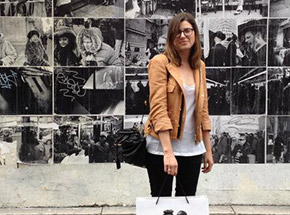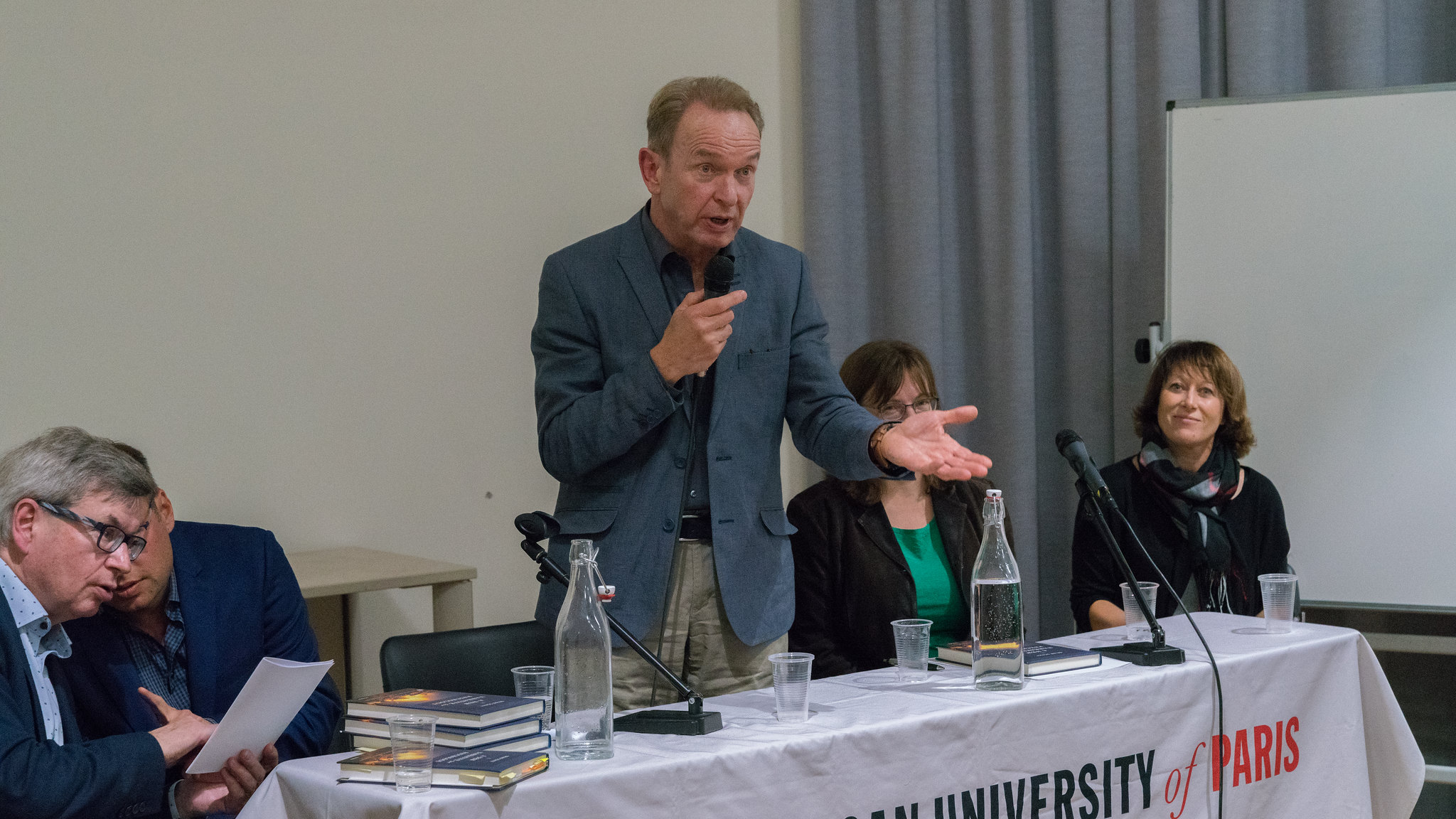- About AUP
- History of AUP
- Mission & Core Values
- Vision and Leadership
- AUP Recognition
- Alumni Success
- Campus Development
- Arts at AUP
- Policies & Guidelines
- Academics
- Undergraduate
- Graduate Programs
- MA in Diplomacy and International Law
- MA in Global Communications
- MSc in Human Rights and Data Science
- MA in International Affairs
- MA in International Affairs, Conflict Resolution, and Civil Society Development
- MSc in International Management
- MSc in Strategic Brand Management
- Find Your Thesis Advisor
- Previous Programs
- Cultural Program
- Faculty
- Summer School
- Research Centers
- The Center for Critical Democracy Studies
- Upcoming Events
- Research Projects
- Fellows’ Publications
- Publishing
- Curriculum
- Community
- Partnerships
- Visiting Scholars
- CCDS Highlights
- Atelier de Théorie Politique – Paris
- Critical Theory 101: Future Directions and New Challenges
- Martti Koskenniemi on “The Law of International Society: A Road not Taken”
- Academic Freedom Symposium
- Tocqueville Colloque 2023
- Violent Turns Conference
- Degenerations of Democracy
- DEMOS21 Inaugural Event
- What Demos for the 21st Century?
- The Paris Centennial Conference
- Justice Stephen Breyer
- Civic Jazz - The Launch of the Center
- Past Events
- FR
- The Center for Writers and Translators
- The George and Irina Schaeffer Center for the Study of Genocide, Human Rights and Conflict Prevention
- The Joy and Edward Frieman Environmental Science Center
- The Center for Media, Communication & Global Change
- The Center for Critical Democracy Studies
- Departments
- Academic Resources
- Academic Affairs
- Academic Calendar
- Academic Resource Center
- Library
- Registrar's Office
- Teaching and Learning Center
- Accessibility & Accommodation Services
- AI@AUP: A Campus-Level Initiative
- Quai D'Orsay Learning Commons
- Paris as Classroom
- ACE
- Admissions
- Student Life
- Campus
- Student Leadership & Involvement
- Paris
- Support Services
- Student Life Help Desk
- Student Accounting Services
- Student Immigration Services
- Student Grievance Procedure
- Diversity and Inclusion
- Health & Well-being
- Digital Student Handbook
- News
- Events
- AUP Giving
- Housing Offer for 2025-2026
- IT Services
- Alumni
- About AUP
- History of AUP
- Mission & Core Values
- Vision and Leadership
- AUP Recognition
- Alumni Success
- Campus Development
- Arts at AUP
- Policies & Guidelines
- Academics
- Undergraduate
- Graduate Programs
- MA in Diplomacy and International Law
- MA in Global Communications
- MSc in Human Rights and Data Science
- MA in International Affairs
- MA in International Affairs, Conflict Resolution, and Civil Society Development
- MSc in International Management
- MSc in Strategic Brand Management
- Find Your Thesis Advisor
- Previous Programs
- Cultural Program
- Faculty
- Summer School
- Research Centers
- The Center for Critical Democracy Studies
- Upcoming Events
- Research Projects
- Fellows’ Publications
- Publishing
- Curriculum
- Community
- Partnerships
- Visiting Scholars
- CCDS Highlights
- Atelier de Théorie Politique – Paris
- Critical Theory 101: Future Directions and New Challenges
- Martti Koskenniemi on “The Law of International Society: A Road not Taken”
- Academic Freedom Symposium
- Tocqueville Colloque 2023
- Violent Turns Conference
- Degenerations of Democracy
- DEMOS21 Inaugural Event
- What Demos for the 21st Century?
- The Paris Centennial Conference
- Justice Stephen Breyer
- Civic Jazz - The Launch of the Center
- Past Events
- FR
- The Center for Writers and Translators
- The George and Irina Schaeffer Center for the Study of Genocide, Human Rights and Conflict Prevention
- The Joy and Edward Frieman Environmental Science Center
- The Center for Media, Communication & Global Change
- The Center for Critical Democracy Studies
- Departments
- Academic Resources
- Academic Affairs
- Academic Calendar
- Academic Resource Center
- Library
- Registrar's Office
- Teaching and Learning Center
- Accessibility & Accommodation Services
- AI@AUP: A Campus-Level Initiative
- Quai D'Orsay Learning Commons
- Paris as Classroom
- ACE
- Admissions
- Student Life
- Campus
- Student Leadership & Involvement
- Paris
- Support Services
- Student Life Help Desk
- Student Accounting Services
- Student Immigration Services
- Student Grievance Procedure
- Diversity and Inclusion
- Health & Well-being
- Digital Student Handbook
- News
- Events
- AUP Giving
- Housing Offer for 2025-2026
- IT Services
- Alumni
Faculty
Professor Brockmeier
Department of Psychology, Health and Gender
Professor Jens Brockmeier
Professor Jens Brockmeier’s research is concerned with the cultural fabric of mind and language. Several of his projects have related to how language works in specific social settings as a central dimension of human development. His main interests are in the function of narrative for autobiographical memory, personal identity, and the understanding of time across various languages and sociocultural contexts. Before joining AUP in 2014, he held teaching and research appointments at, among others, the University of Toronto; The New School, New York; and Linacre College Oxford. At AUP, he teaches cultural psychology.
Cultural psychology is a branch of psychology that looks at the ways in which an individual’s culture and society affect their mind and behavior. “Traditional psychology looks at what is universal or what all people have in common – at any rate, what you can measure,” says Brockmeier. “Cultural psychologists look at what is specific, local and unique.” The approach views human beings as members of a larger sociocultural world – as people who are always together with others, living in cultural communities that differ vastly across the planet. “You cannot just compare love, for example, in Boston or Ghana to love in Tokyo or Paris.”
The field has what Brockmeier describes as an “outsider status,” due to a tension that exists between the universalist approach to human nature proposed by traditional psychology and the cultural-psychological interest in particularities and singularities. Cultural psychologists make use of different methodologies, such as longform narrative interviews, which are less grounded in statistics or other natural-science methods and more grounded in the experience of life. Subjects, for example, are asked for their own views and definitions of emotions or memories; researchers then place any responses in the context of their communities.
In June 2021, Brockmeier was awarded the Ernst E. Boesch Prize 2021, which recognizes outstanding scholarly achievement in the field of cultural psychology, in acknowledgment of his lifetime achievement. The prize is awarded to researchers and scholars whose work has made a significant and enduring impact. The award ceremony took place in Ascona, Switzerland, in September 2021. “It’s rare that the kind of investigation done by cultural psychologists and cultural anthropologists is recognized,” explains Brockmeier. “Therefore, I was very happy to be given this award.” He is particularly grateful to his AUP colleagues for being open and encouraging of the kind of research that exists at the margins of mainstream psychology.
His interdisciplinary academic background extends far beyond psychology; he holds a PhD in philosophy from Freie Universität Berlin. “I was also very interested in literature, history and art,” he says. “I came to psychology because I wanted to know how we use literature, artworks and music to understand the world and ourselves. Why do we invent imaginary universes all the time?” The discipline allowed Brockmeier to explore a wide variety of topics that he would otherwise not be able to explore. Rather than be pigeonholed in a single cultural field such as art, philosophy or literature, he chose to explore how all his passions were connected. Cultural psychology allows him to explore psychological topics, such as consciousness or identity, while also acknowledging the ways in which people relate to each other in different cultures.
When teaching the subject as a core course in AUP’s psychology major, Brockmeier makes regular use of literature, film and other cultural sources to examine different cultural traditions. A prominent example comes from a long-term research project he conducted in Canada with fellow AUP professor Maria Medved. The study took a cultural anthropological view of the increased rate of heart conditions among First Nations populations. In class, Brockmeier asks students to consider the ways in which Western medical models are entrenched in certain narratives, such as that of colonialism, which may be alienating to indigenous populations. “Cree people define illness differently,” he explains. “You end up exploring political issues even though you may have intended only to research heart disease.” To illustrate this point, Brockmeier draws on First Nations literature and screens Atanarjuat: The Fast Runner, a 2001 film set in pre-colonization Canada and made by indigenous filmmakers. He then asks students to reflect on what is different about First Nations people’s own narratives of their cultural traditions.
Brockmeier’s current research focuses on understanding time and temporality, not only in the context of measuring and perceiving time but also in the context of how individuals interpret their own lifetimes. “How do we see ourselves in the complex, layered system of past, present and future?” he asks. “We all continuously negotiate this synthesis, but we do it within very different cultural traditions.” Brockmeier works with research subjects who operate outside of the traditional narratives of time; he notes increasingly that traditional stories of linear individual time are starting to dissolve. “Young people like our AUP students have such an enormously open horizon,” he explains. “They combine what I call different islands of temporality – circular or elliptical movements that are more fragmented and less part of a single narrative.” Brockmeier aims to uncover new perceptions of how a lifetime is defined, exploring how changing cultural models of time shape individual temporalities. He explains, for example, how there are languages and cultures that conceive of time as something that moves backwards. “For me, such ideas are even more emphasized because of the lifetime achievement award,” he says. “It’s an odd feeling to have people look back over your life while you are still living it forward!”
Professor Brockmeier’s recent publications include Beyond the Archive: Memory, Narrative, and the Autobiographical Process (Oxford & New York: Oxford University Press, 2015; revised paperback version 2018); Cultura e narrazione [Culture and Narrative], (Milan: Mimesis, 2014); Beyond Loss: Dementia, Memory, and Identity (ed. with L.-C. Hyden and H. Lindemann Nelson, Oxford & New York: Oxford University Press, 2014); and the paperback edition of Literacy, Narrative and Culture (ed. with M. Wang and D. R. Olson, London: Routledge, 2014).
Related
-

Osilama Udochi
Student
Read MoreOsilama Udochi
Student
Osilama Udochi came to AUP for a psychology degree and found entrepreneurship and ways of helping others.
-

Acadia Webber ’12
Alumna
Read MoreAcadia Webber ’12
Alumna
AUP helped fuel my interest in mental health and cognitive science, and those passions guide me still.
-

Emilie Quenensse ’15
Alumna
Read MoreEmilie Quenensse ’15
Alumna
AUP helped me gain confidence and the practical knowledge I needed to start an internship at the OECD.

